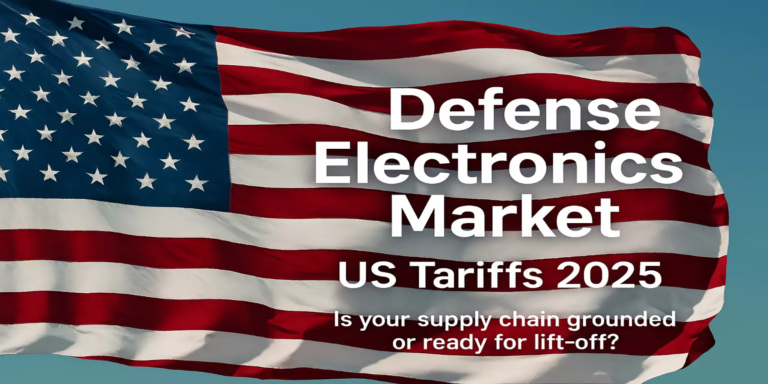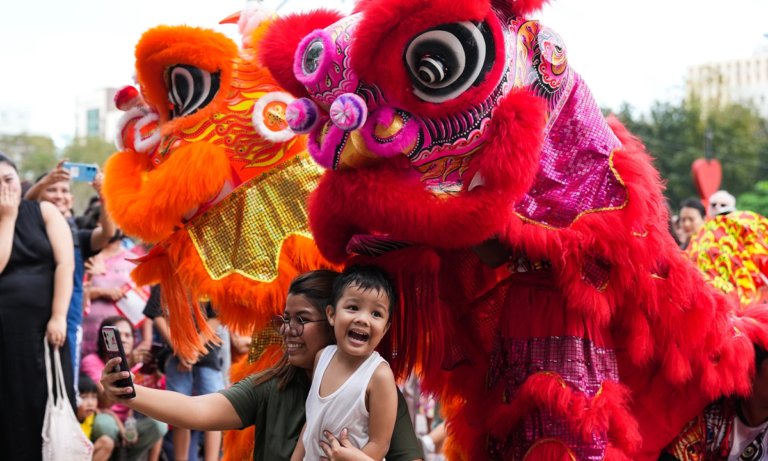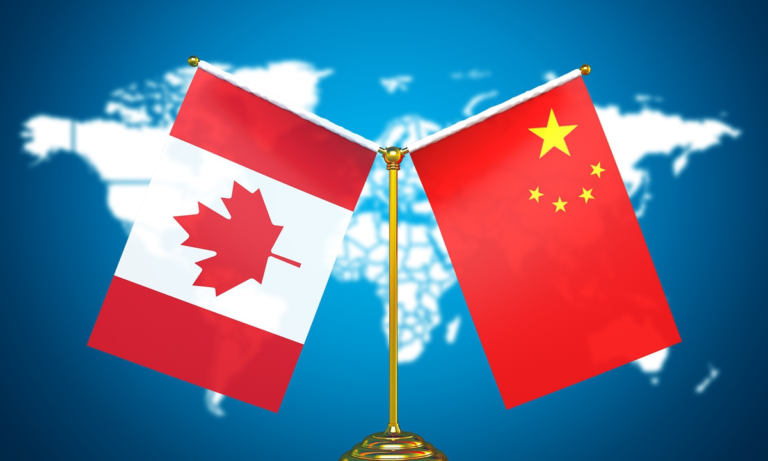
President Donald Trump played a complex and often controversial role in the tensions between China and Taiwan during his time in office. While his administration did not directly mediate between the two sides, its policies and actions had significant implications for cross-strait relations:
- Strengthening Ties with Taiwan: The Trump administration deepened U.S. engagement with Taiwan, a move seen as support for the island’s sovereignty. This included increased arms sales to Taiwan, such as advanced fighter jets and other defense systems, which bolstered Taiwan’s ability to deter potential aggression from China.
- Economic and Diplomatic Support: Trump’s administration signed the Taiwan Travel Act in 2018, which encouraged high-level exchanges between U.S. and Taiwanese officials. This strengthened Taiwan’s international standing and demonstrated U.S. commitment to its democratic ally.
- Challenging China’s Regional Influence: The Trump administration adopted a strong stance against China’s growing regional assertiveness, including in the South China Sea. By opposing Beijing’s claims and activities, Trump’s policies indirectly supported Taiwan by countering China’s influence in the region.
- One China Policy: While Trump did not formally challenge the One China Policy, his administration’s actions often signaled a shift in U.S. approach. These actions, however, also risked escalating tensions as China viewed them as interference in its domestic affairs.
- Heightened U.S.-China Tensions: While supporting Taiwan, Trump’s broader trade war and strategic rivalry with China intensified U.S.-China tensions. This dynamic created a more precarious environment for cross-strait relations, as Beijing viewed the enhanced U.S.-Taiwan relationship as part of a broader strategy to contain China.
The relationship between China and Taiwan remains one of the most sensitive geopolitical issues, with tensions periodically escalating due to political posturing, military drills, and diplomatic maneuvers. As the U.S. has historically played a significant role in cross-strait relations, questions arise about whether former President Donald Trump—or any future U.S. administration—could help mediate and de-escalate tensions.
The U.S. Role in Cross-Strait Relations
The United States has long maintained a policy of “strategic ambiguity” regarding Taiwan, balancing support for Taiwan’s democracy with a commitment to the One-China policy. While Washington provides defensive arms to Taipei, it officially recognizes Beijing as the sole legitimate government of China.
During his presidency, Trump took a tougher stance on China, labeling it a strategic competitor, while simultaneously strengthening ties with Taiwan—including approving major arms sales and high-level diplomatic engagements. This approach pleased Taipei but angered Beijing, raising tensions rather than easing them.
Could Trump Mediate?
For Trump—or any U.S. leader—to effectively mediate, several factors would need consideration:
- Beijing’s Stance – China views Taiwan as a domestic issue and rejects any foreign interference. Mediation efforts by the U.S. could be seen as provocative unless framed carefully within the One-China framework.
- Taiwan’s Position – Taiwan’s leadership, especially under the independence-leaning Democratic Progressive Party (DPP), is wary of concessions that might undermine its autonomy. Any mediation would require Taipei’s trust.
- Trump’s Approach – Known for his transactional diplomacy, Trump might leverage U.S. influence to push for concessions from both sides. However, his unpredictable style could either create breakthroughs or further destabilize the situation.
Potential Pathways
If Trump (or another U.S. leader) sought to de-escalate tensions, possible steps could include:
- Encouraging Dialogue – Facilitating unofficial talks between Beijing and Taipei to rebuild trust.
- Economic Incentives – Using trade and investment as leverage to encourage cooperation.
- Military Restraint – Discouraging provocative actions, such as large-scale drills or arms sales, that escalate tensions.
Conclusion
While the U.S. has significant influence, any mediation effort would require delicate handling to avoid backlash from Beijing or Taipei. Trump’s unconventional style could either disrupt the status quo or risk further escalation. Ultimately, sustainable peace in the Taiwan Strait depends on both China and Taiwan finding common ground—with the U.S. playing a supportive, rather than dominant, role.
In summary, President Trump’s actions were seen as bolstering Taiwan’s position but also risked exacerbating tensions with China. His administration did not directly mediate between China and Taiwan but instead took steps that reshaped the dynamics of the trilateral relationship.





